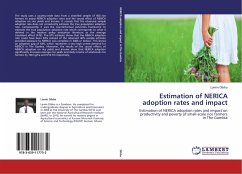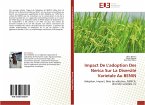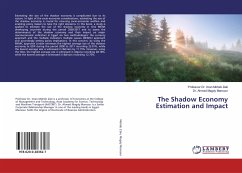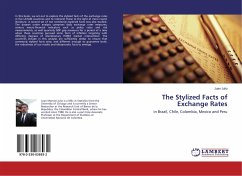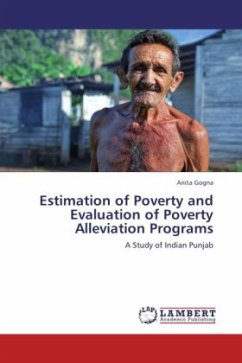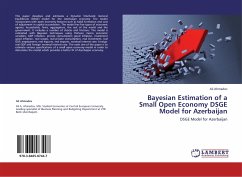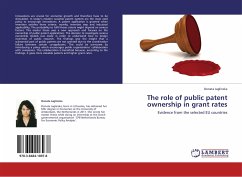The study uses a country-wide data from a stratified sample of 600 rice farmers to assess NERICA adoption rates and the causal effect of NERICA adoption on rice yields and income. It reveals that the observed sample adoption rate does not consistently estimate the true population adoption rate. Consequently, it uses the counterfactual outcomes framework to estimate the true population adoption rate which corresponds to what is defined in the modern policy evaluation literature as the average treatment effect (ATE). The ATE estimate shows that the NERICA adoption rate could have been 83% instead of the observed 40% sample estimate provided exposure to NERICA was complete in 2006 or before. This shows an adoption gap of 43%, which represents a very high unmet demand for NERICA in The Gambia. Moreover, the results of the causal effects of NERICA adoption on rice yields and income show that NERICA adoption significantly increases average rice yields and daily income of small-scale rice farmers by 146 kg/ha and D10.16 respectively.

